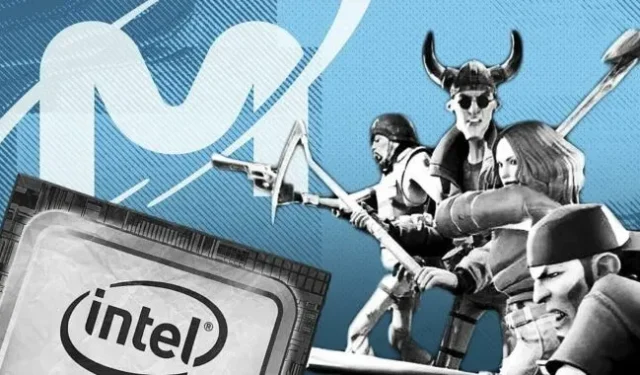US chip makers hit by sudden downturn after pandemic boom

Faced with rising demand and global shortages since the start of the pandemic, the semiconductor industry has faced a sudden downturn.
But even for an industry accustomed to frequent cyclical downturns, this case defies simple analysis and leaves researchers scrambling to predict how the downturn will play out.
The sudden glut of memory chips, PC processors and some other semiconductors comes at a time when manufacturers in many automotive and industrial markets still lack a reliable supply of chips.
It also forced some of the largest US chip makers to cut back billions of dollars in planned capital investments at the very moment that Washington passed a long-awaited bill to subsidize a major increase in domestic chip manufacturing capacity.
The turn rate and opposing forces were unprecedented, said Dan Hutcheson, a seasoned executive at VLSI Research who has been analyzing chip cycles since the 1980s.
“I never saw a time when we were overstocked and understocked,” he said.
The immediate cause was the rapid accumulation of inventory in the chip supply chain since the beginning of this year. Compared to February, when there were enough chips in stock to support production for about 1.2 months, global inventory levels jumped to 1.4 months in June and then to 1.7 months in July, according to VLSI Research.
Falling PC sales and weak demand for smartphones were the main reasons as consumers cut back on spending. But with fears of an economic downturn mounting, manufacturers of a wide range of equipment, which were stockpiling to become more resilient to supply pressures, changed course. Meanwhile, it’s unclear how much the weakening chip sales reflect supply chain issues rather than falling demand.
The sudden reversal has reverberated through the sector since late July, when Intel stunned Wall Street with the news that last-quarter revenue fell $2.6 billion, or 15 percent, below expectations. Chief Executive Pat Gelsinger blamed the inventory adjustment, which only happens once a decade, though Intel has also acknowledged its own mistakes.
Leave a Reply